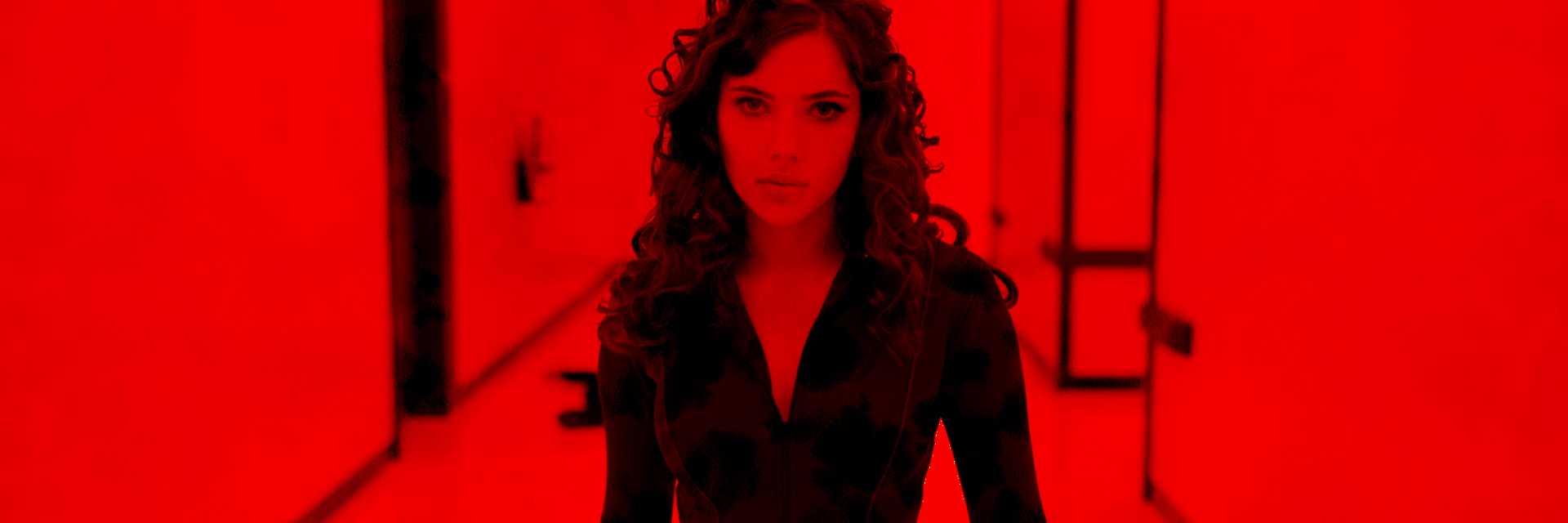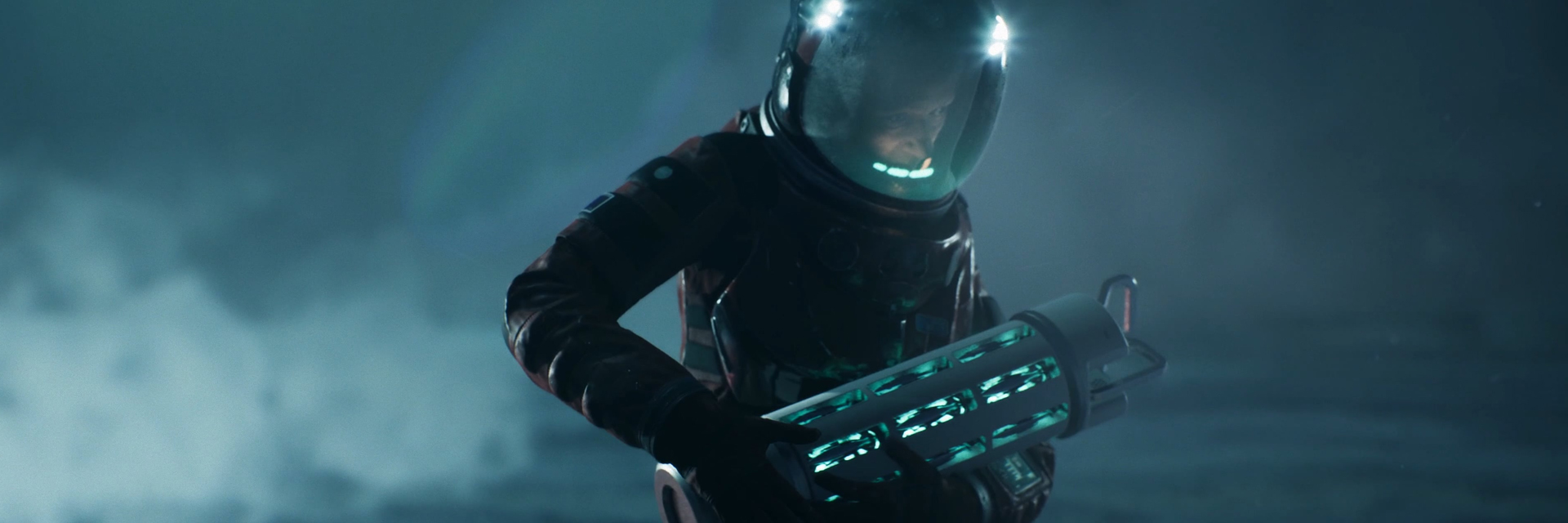Poor, poor M. Night Shyamalan. How do you go from being the golden boy of Hollywood, making a slew of commercially and critically successful films, and being seriously touted as the next Spielberg to the punch line of every “What a twist!” joke on the face of the planet? Where did it all go wrong? Some lay the blame on his repeated use of the punch-to-the-gut shock reveal ending, other’s criticize the heavy-handed spiritualism that is overtly present in most of his films, and some people just find his movies unintentionally hilarious. After his career started faltering with Lady in the Water (2006), fell flat on it’s face with The Happening (2008), and then died, was buried, then had it’s grave desecrated with the unmitigated disaster (though a uprising financial success) that was The Last Airbender (2010) and the Jaden Smith vehicle After Earth (2013), it seemed like we had heard the last of M. Night. But he proved his critics wrong his return to form with The Visit (2015) and his latest venture Split (2017) seeks to solidify his comeback.
From the opening scenes, Split suffers from the same problems that most of Shyamalan’s other films have fallen prey to; a distinct lack of focus and strange tonal shifts. It starts strong with solid character introductions and a good helping of tangible menace as the audience is introduced to Kevin (James McAvoy), a man with severe Dissociative Identity Disorder, or split personalities in layman’s terms. It’s clear that this film depends heavily on McAvoy’s performance, and fortunately he delivers one that’s as transformative and varied as the character he portrays. The script serves as a large hindrance in some points; at times the characters he portrays speak in a stilted, unnatural manner which makes the whole thing teeter on the edge of pantomime, and although the film’s marketing very proudly touts the number of twenty three, only three of four of Kevin’s identities are thoroughly explored. Still, McAvoy works through this issues and for the most part blends seamlessly from personality to personality and even at the points where the script is on the weaker side he still manages to give a nuanced and believable performance.
The other major performance of the film comes from Anya Taylor-Joy, the breakout star of the seminal 2015 period horror The Witch. She’s put in the protagonist role and though the film does a good job divvying up screen time we see most of the events of the film from her point of view. She’s less of a victim of the script than McAvoy and alongside him turns in a fantastically terrified performance that feels organic in it’s delivery. She isn’t consigned to hysterics like the two other girls she’s kidnapped alongside, played admittedly well but in limited roles by Haley Lu Richardson and Jessica Sula, and her more level headed attitude makes her a much more empathetic character that the audience can really get behind. The film’s other standout elements are the set design and the cinematography. Kevin’s underground lair is full of tight corners and stark corridors which coupled with the tight and slow moving cinematography do wonders in creating a palpable sense of claustrophobia. However, as I stated before, this is where the lack of focus and tonal confusion begin to take their toll.
Split doesn’t seem to know whether it wasn’t to be a horror or a comedy. It works as a serious horror movie, and it work’s as a goofy comedy, but what it does not work as is a horror comedy. The horror parts are too self serious and the comedic parts are too unintentionally hilarious to work in conjunction, so whatever type of movie you’re expecting to see you will be disappointed that it doesn’t stick to that style. Split is frenetic and constantly shifting in tone and delivery, and while this helps give the film an uncertainty that draws your attention during it’s more chilling scenes but makes it tough to keep focused during the not so chilling moments. This by no means ruins the film, but it does make it demand more of an effort to enjoy, which is painfully exasperated by the mountains of exposition that litter the slower segments and would bring the movie to a grinding halt if they weren’t so condensed. By no means does this make Split bad, but it does diminish the film’s staying power. Having seen it, I doubt I would ever watch it again like I have Shyamalan’s other films.
Split is a mixed bag; one one hand it’s an effective thriller with some strong performances and a focused, straightforward plot that keeps this moving at an interesting pace. On the other hand there are some scenes that are absolute moodkillers that push the horror element out of the way for some cheap laughs. Still, Split is an interesting film and a solid take on an interesting idea, and if you can get past the problems there is some real entertainment to be found.
★★★





